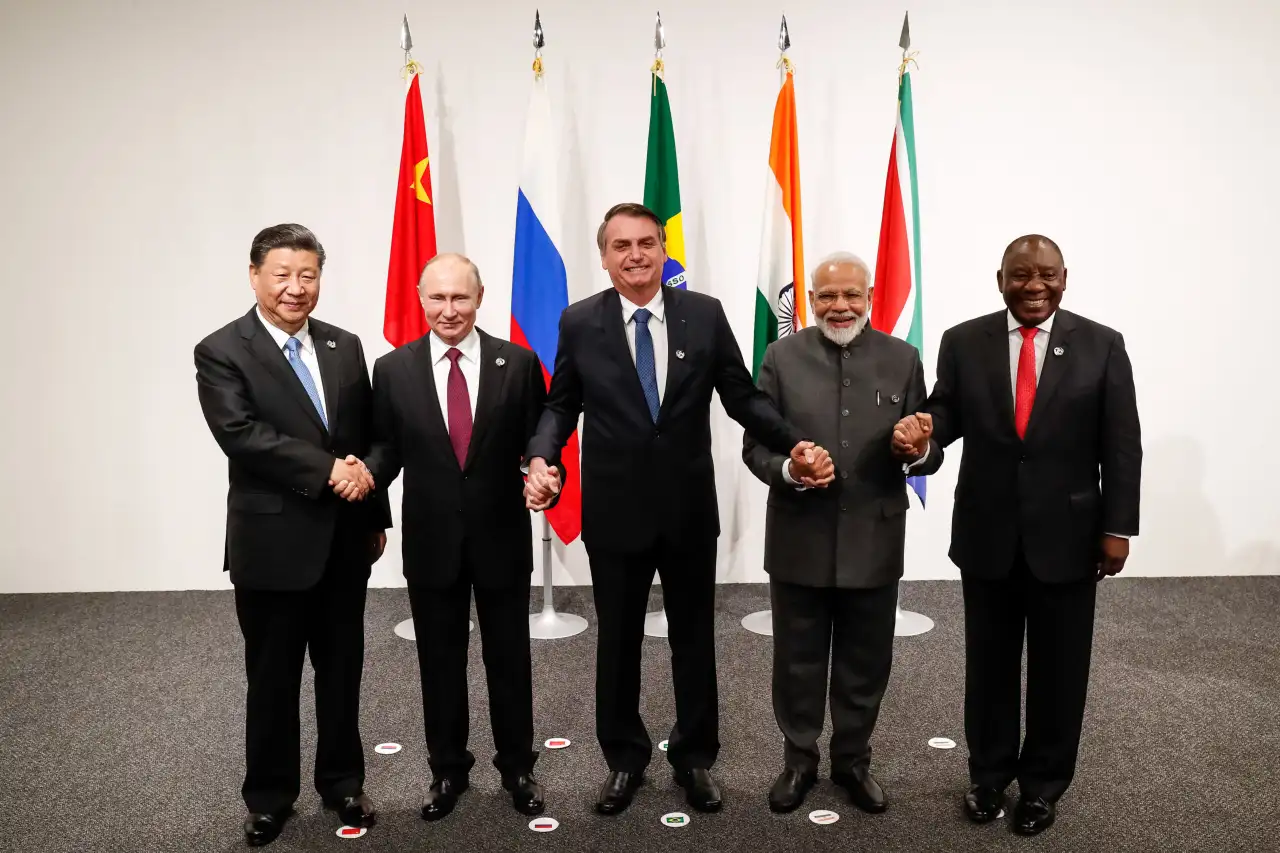For the first time in history, India has become the host of the Group of 20 Nations (popularly known as G20). The G20 Summit in Delhi will be held over two days, on September 9 and 10. The two-day summit will draw leaders and delegates from 40 countries, including the 20 member states, and is set to be hosted at the state-of-the-art Bharat Mandapam Convention Centre at Pragati Maidan.
Russian President Vladimir Putin has also said he will not attend the summit almost certainly due to the fact that one of the main issues that has dominated the international agenda over the last year-and-a-half has been the war in Ukraine. Additionally, the International Criminal Court (ICC) has an arrest warrant for him over alleged war crimes in Ukraine. Russia will be represented by its foreign minister, Sergey Lavrov.
The absence of Xi and Putin means the Summit will be dominated by the West and its allies. The G20 leaders who will attend include U.S. President Joe Biden, German Chancellor Olaf Scholz, French President Emmanuel Macron, Saudi Arabia’s Mohammed Bin Salman and Japan’s Fumio Kishida.
Biden, who last met Xi in November in Bali in June, said he is “disappointed” in comments to reporters in Rehoboth Beach, Del. this week.
According to a report in The Hill, “Tensions between the U.S. and China have since risen on various issues, including technology, espionage, economic competition and military power. Multiple close military confrontations in the South China Sea and the Taiwan Strait have also contributed to these tensions, in addition to a surveillance balloon incident last February and recent reports that China has operated a spy base in Cuba since at least 2019.”
Xi and Indian Prime Minister did meet at the BRICS summit in South Africa earlier this year.
According to a CNN article, “Xi’s absence from the G20 summit comes as tensions simmer between China and host country India, especially over their disputed border and New Delhi’s growing ties with the United States.
“The no-show of China’s top leader – unprecedented since the first such summit was held in 2008 – will likely be seen as a snub to India, which is hosting the powerful group of world leaders for the first time amid efforts to boost its global clout under Prime Minister Narendra Modi.”
Apart from India, the G20 group comprises–Argentina, Australia, Brazil, Canada, China, France, Germany, India, Indonesia, Italy, Japan, the Republic of Korea, Mexico, Russia, Saudi Arabia, South Africa, Turkey, the UK, the US and the European Union (EU).
The G20 is the premier forum for international economic cooperation. It plays an important role in shaping and strengthening global architecture and governance on all major international economic issues.
A central topic of this year’s Summit will focus of course on climate change. G20 countries, being the largest economies in the world, must commit to increasing their financial contributions to international climate finance mechanisms.
One of the major ways countries can make a difference is by investing in renewable energy, energy efficiency, climate adaptation, sustainable agriculture, and conservation efforts.
The Summit in India can and should be a turning point in the global fight against climate change in the universal effort to achieve a sustainable future for generations to come.
As PBS noted, “Despite cyclones, extreme rains, landslides and extreme heat affecting India and the rest of the world in the last few months, climate ministers of the G20 nations — the world’s largest economies and producers of most of its greenhouse gases —ended their last meeting for the year in July without resolving major disagreements on climate policies.”
If nothing else, amid the controversy between India and China, and the tensions surrounding Russia’s war in Ukraine, the G20 Summit can now produce tangible results on the climate change front. It is likely that the countries will get bogged down in numerous issues with no decisions being made. Climate change is the one area the G20 can move forward and make the Summit at least a partial success.
With Xi and Putin absent, the G20 Summit can focus on climate change
- climate change, G20, Putin, Xi

- September 5, 2023
- 6:13 pm
Chinese Communist Party leader Xi Jinping has announced he will not attend the G20 Summit being held this year in New Delhi, India due to diplomatic tensions between the two countries, according to some reports.